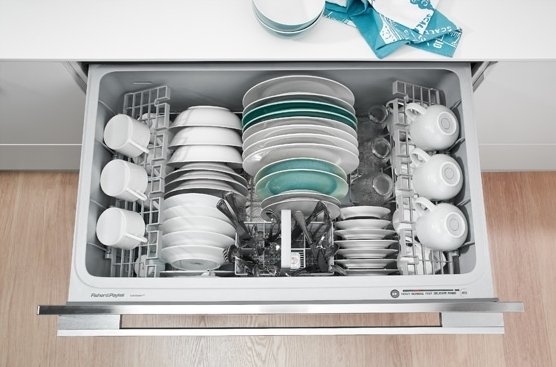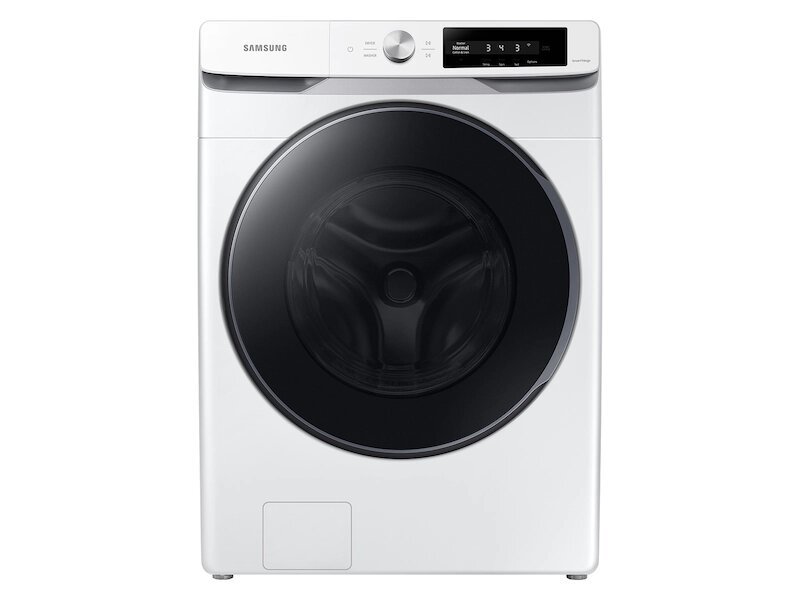Protecting Your Home and Appliances from Mouse Damage
Imagine waking up in the middle of the night to the sound of scurrying feet. You turn on the light, only to catch a glimpse of a tiny, furry invader darting behind your appliances. Mice can be more than just a nuisance; they can cause significant damage to your home and appliances. So, how do these pesky rodents find their way inside? What draws them in, and most importantly, how can you get rid of them for good? In this guide, we’ll delve into the sneaky ways mice infiltrate your home, where they like to hide, why they’re attracted to your space, and effective strategies to evict them once and for all.
Where Do Mice Enter Your Home?
Answer our first question, is in short, anywhere there's a hole. Mice can compress their bodies down to get through anything that is the size of a dime or larger. So this means holes and cracks in walls, floors, and foundations. They can also come in through gaps in your windows, or through drainage pipes. They have even been known to get in via entry holes around gas lines or electric lines that haven't been sealed properly. The worst case scenario in our opinion is when they get in from climbing up a tree and onto your roof. Because that is much harder for you as the homeowner to spot.
.
Common Hiding Spots: Where Mice Nest Indoors
Most of the time, mice come into your home during fall and winter. Sometimes though such as if you have a nice piece of land with lots of growing things, they'll start coming in as early as late spring when they have found plenty to eat and now they need places to nest and have all of their horrible little children.
Once a colony enters your home and finds it safe, they aren't going back outside. They will raid anything and everything they can get their teeth into as food or bedding. This can of course lead to horrifying numbers of mice inside your home without you even being aware of it.
So where do you look? Where can you observe to try and confirm whether or not you have my spot yourself?
Behind anything large such as kitchen cabinets, appliances, furniture that's not used all the time. These are great places to hide a mouse line, the past that they'll scurry along while moving from place to place. In addicts, basements, and crawl spaces are great places for nests when they're dry and warm. And so are around closets and fireplaces.
Why Mice Invade Your House
You might have noticed right now that my son are much like you or I. They come looking for three things food, and a cozy place to sleep.
Food left on counters or on the floor is a draw for mice. Whether this is in open containers, or cardboard boxes, or pet kibble bags, if it is left out you can bet that mice will be interested.
Another reason mice come in is because unintentionally, you've left away in. This might be holes in your foundation or siding, all of the beautiful plants that are pressed up tight to the side of your house. Holes in Windows, or the frame of your doors, or in your attic. All of these are options that given half a chance they will take because inside your house there is a significantly smaller chance of them running into an owl or snake or just a particularly large and aggressive rat.
Effective Strategies to Get Rid of Mice
Now that we know where they're coming from, and why they're in your house, let's tackle the real question. How do you get rid of them?
The good news is that you can get rid of them. The bad news is that it's not easy. The problem is that there are so many mouse repellents and deterrence on the market not to mention myths perpetuated online, that it's hard to say what will and won't work without a lot of testing.
Let's start off by tackling the things that won't work, and then we'll move into what should give you some hope.
DIY Methods That Don’t Work
Does soap keep mice away?
No. As lovely as Irish springs soap May smell it's not going to kill the mice. Now a core ingredient in many soaps is animal fat and if they were to eat a large quantity of that the mice would die. The problem is that unless they are starving, mice won't eat enough of it to die. They will stop once they start feeling ill and they certainly aren't going to take it back to feed their colony in the extent that it would get rid of all of them.
chow down on enough soap to be harmed.
Does bleach repel mice?
Does it repel mice? Yes, just like you, the strong smell of bleach is not pleasant for mice. And if you could somehow guarantee that the mouse would consume it, it wouldn in fact kill it. The problem is that the amount of bleach that you have to leave out it would be harmful to you and any children or pets within your home. So while this one would work, we don't advise as the risks outweigh the benefits.
What color do mice hate?
We are rather confused as to why this idea came about. Mice are colorblind, so it doesn't matter what color you paint your baseboards, it won't stop them.
Does peppermint oil repel mice?
Peppermint oils and sprays are lovely if you want to make your home smell nice. Even at strong concentrations, they won't linger long enough to deter rodents.
Do mothballs keep mice away?
Mothballs are for moths, as they contain naphthalene. In large concentrations this can repel mice, but the amount needed a) hasn't been tested and b) would reach a level that would make your home inhospitable to you long before it made the rodents leave.
If you’re trying to prevent rats or mice from entering your home or trying to get rid of a current rodent infestation, there are lots of suggestions for DIY and home remedies. However, many of these DIY rodent control treatments aren’t based on factual evidence.
Natural Mouse Repellents: What Really Works?
There are a variety of scents that mice hate, and can be useful for keeping mice out of your home.
Some smells that mice hate include:
Pepper
Cinnamon
Citrus
Vinegar
While the list above contains some of the most effective scents that mice hate, there are many other scents that may also work. If you're looking for an at-home way to deter mice, you can try using one of these scents. Keep in mind that these may work for repelling mice before they get into your home, but there is no sign that they will help after you already have an infestation.
Do dryer sheets repel mice and keep them away?
Dryer sheets are like the list of strong scents. They provide a temporary deterrent, but they're only going to keep rodents from coming in, they won't drive them out.
Setting Traps and Bait: Best Practices
If you want to catch and actually remove mice from your home, traps and bait are a place to start. Many professionals suggest setting traps and bait stations as a sort of ‘diagnostic’ throughout the year. This will let you know that they are finding a way in. You can use any variety of traps you want, from catch-and-release traps to glue traps to bait stations. We will advise against poison traps indoors or out as indoors can be dangerous if you have children or pets and also lead to the mice dying inside the walls of your home, and outdoors can poison far more than just the mice you intend.
Sealing Entry Points to Keep Mice Out
As we mentioned further up, mice and rats can compress their bodies to fit through a hole no larger than a dime. This means that it’s ridiculously easy for them to find entry points into your home through walls, your roof, even crawl spaces underneath. These tiny holes can be easy to miss, and require going over your home with a fine-toothed comb. Once you find them though, covering them over is relatively easy. Wire mesh or steel wool are good for covering the hole, and then you cover that with caulking or cement. (Don’t use expanding foam though, as they can and will chew through it.) You will also want to carefully go over doors and windows, for any cracks and fill those as well.
Landscaping Tips: Trim Shrubs and Bushes to Deter Mice
While lovely thick bushes and flowers are amazing to look at and add character to your home, they’re also a mouse’s best friend. They act as a protective pathway into your home, and cover from predators. You don’t need to get rid of them though, just keep them properly trimmed.
Dealing with a mouse infestation can be a daunting task, but with the right knowledge and strategies, you can reclaim your home from these unwelcome guests. Remember, sealing entry points, maintaining a clean environment, and using effective traps are key steps to keeping mice at bay. While Appliance Rescue Service doesn't handle mouse removal, we understand the frustration and damage these pests can cause. If your appliances have suffered from a mouse invasion, don’t worry—we’re here to repair and restore them to perfect working order. Reach out to Appliance Rescue Service for all your appliance repair needs and let us help you get your home back to normal.
Call: (214) 599-0055






















